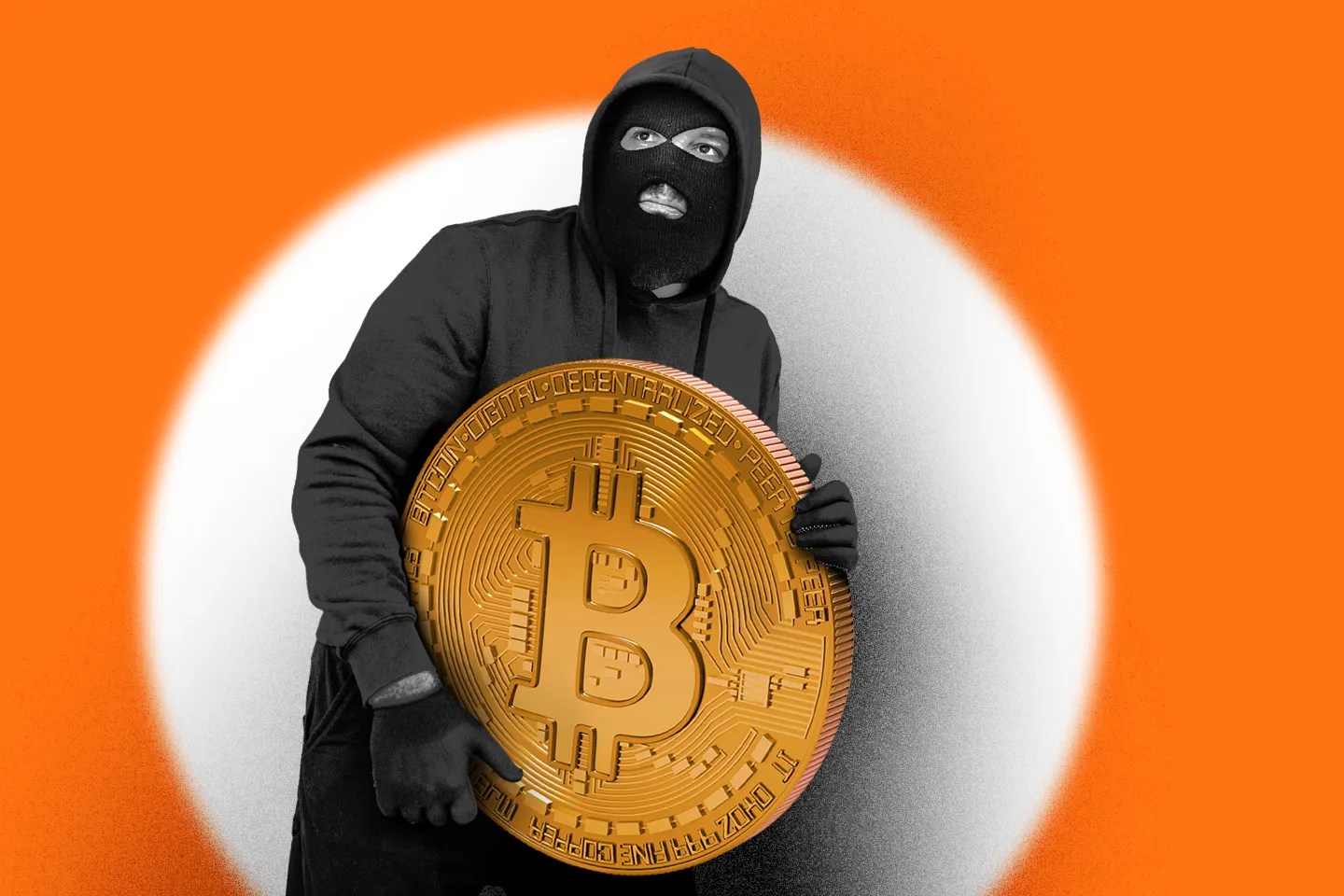
A governance vote to make WLFI tokens tradable is underway and will reveal whether the project is truly community-driven. But the bigger question is whether early backers are ready to cash in, or hold tight, as the team’s holdings remain frozen.
On July 4, the team behind Trump-linked World Liberty Financial launched a pivotal governance vote, proposing to unlock tradability for its WLFI token.
If passed, early supporters who bought tokens in WLFI’s closed-door funding rounds will see their holdings unlocked for the first time, while the team, founders, and advisors remain bound by longer lockups, a move framed as a test of the project’s commitment to decentralization.
The proposal outlines a phased transition to open-market participation, beginning with token transferability and a limited distribution. A second vote will later determine if and when the remainder of early supporter allocations can be released.
At face value, the first vote represents a routine governance milestone for a DeFi project. But in practice, it probes the fragile balance between ideology, liquidity, and control that defines WLFI’s unique place in the crypto ecosystem.
Why this vote matters now and what’s really at stake
The World Liberty Financial team cites “strong demand” from community members and ecosystem partners as the key driver behind the timing of the WLFI token tradability proposal.
After a year of product development and brand-building, the protocol claims the foundation is stable enough to open the gates. The WLFI team calls this a “defining moment,” and in some ways, it is. If passed, the vote would mark a transition from a controlled, non-transferable token model to one where WLFI can circulate freely via peer-to-peer exchanges or secondary markets.
Yet the timing is conspicuous. The vote comes just a week after Aqua 1’s $100 million token purchase, which granted the UAE fund significant governance influence. The WLFI team has not disclosed how many tokens Aqua 1 controls relative to total supply, but the optics are hard to ignore. A freshly onboarded institutional player now holds outsized voting power in what is being framed as a grassroots governance milestone.
Regardless of the outcome, the vote is a revealing moment for World Liberty Financial, which is under scrutiny to prove its ecosystem can balance open participation with sustainable growth.
Proponents argue that enabling trading will fuel broader adoption and governance engagement. Skeptics, however, warn that early backers—many of whom bought in at lower valuations, could trigger a sell-off, testing the token’s resilience before institutional players like Aqua 1 fully deploy their capital.
The outcome won’t just shape WLFI’s liquidity; it will signal whether a project with political ties can withstand the pressures of true decentralization.




Leave a Comment